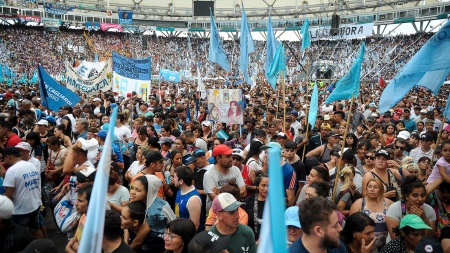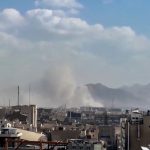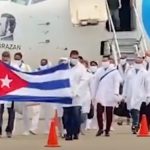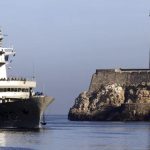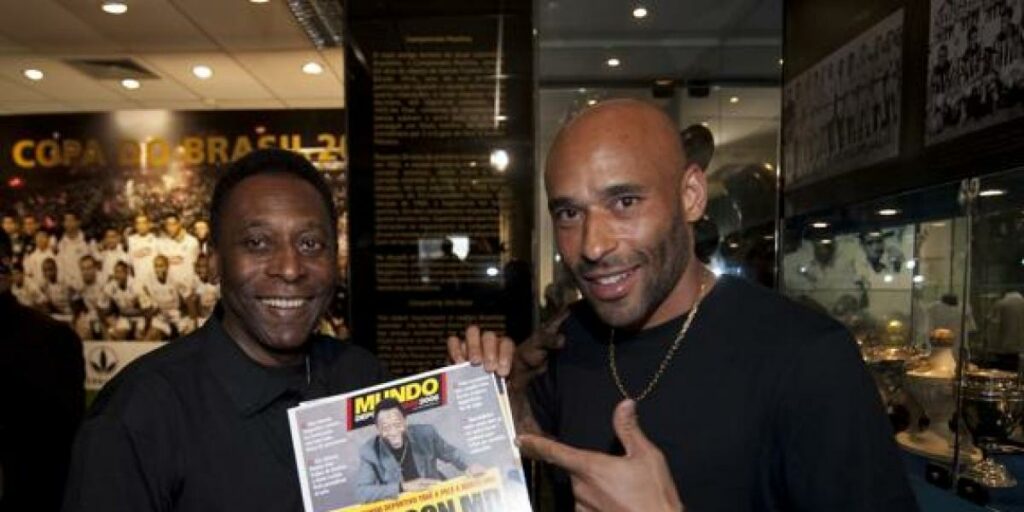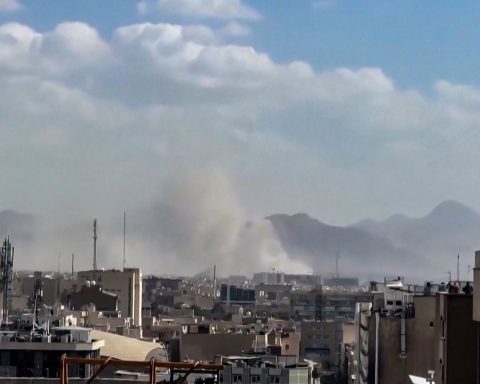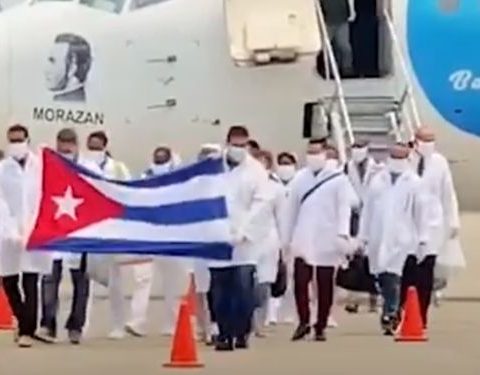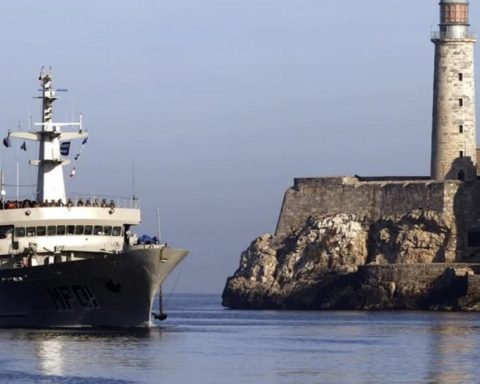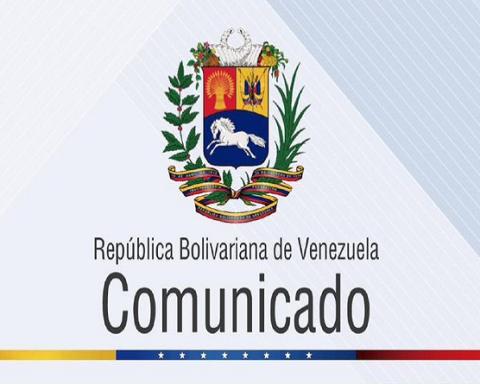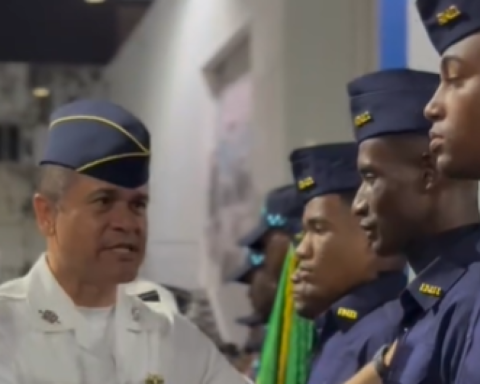The Frente de Todos lived a convulsed year, crossed by internal debates and attacks against its main figuresamong them the attack against the vice president, and concludes 2022 immersed in the toughest bid it has faced since its formation, within the framework of the federalism-centralism controversy, which is reflected in the reply to the Court that the ruling that returns funds to the CABA is impossible to comply with.
In a scenario in which political tension reappeared after Argentina’s epic victory in the Qatar World Cup, President Alberto Fernández will also have a reason to toast from the latest monthly inflation indicator, which showed a drop, despite what which Several challenges remain to be resolved -especially in internal political definitions- in view of the 2023 elections.
The call to unity, despite everything
The call for unity and the decision to safeguard it despite all the differences was a constant throughout this year and, on repeated occasions, constituted the main concern by the main referents of the FdT, since at times the statements that were crossed from the different sectors seemed to indicate an imminent fracture.
But that did not happen and everything indicates that it will not happen either, although at other times in the history of Peronism it has been like that.

Since the beginning of the year, before each fight of the ‘great FdT family’, the same action was repeated in view of all and without hiding anything: confrontation over a specific issue, rumors of a break, voices that stressed the need for unity, regrouping in the face of an opposition attack or a very difficult management situation, and finally denial of the break even without resolving the differences.
A) Yes, the FdT family managed to stay together and overcome a very complex year that began with an important difference between the sector led by the President and the space led by Vice President Cristina Fernández de Kirchner, focused on the conditions agreed with the International Monetary Fund for the renegotiation of the public debt that originated from the loan of 44 billion dollars to the government of Mauricio Macri.
Although this debate is still ongoing, other unusually serious events marked the days of the coalition, such as the attempted assassination of Cristina Fernández de Kirchner; the offensive of the Judiciary with the Road case where the Vice President was sentenced to 6 years in prison and perpetual disqualification from holding public office; and the sudden resignation of the Minister of Economy, Martín Guzmán.
“My mission as President is to maintain the unity of the Frente de Todos”Alberto Fernandez
In retrospect, the ability to hold together a political front made up of union sectors, social movements and political groups of different origins and profiles should be noted as one of the achievements of the role that Alberto Fernández has played, who in acts, interviews or statements ‘ off’ on international tours maintained the same irreducible position: the need to keep the FdT together.
“My mission as President is to maintain the unity of the Frente de Todos,” he defined in mid-December in a television interview, but it could be a phrase said in March or August, since throughout the year Fernández fought for the unity of the coalition and urged to “resolve differences without aggression”, and was even the one who proposed holding open primaries.

The first shock
2022 began with a clear message from Kirchnerism, from where they announced that they agreed to pay the debt with the IMF but raised their voices against the effects that any adjustment would cause and demanded that the negotiation with the organization be resolved through a ‘ political solution’, like that proportionally more would be paid by ‘those who fled the dollars’.
This situation derived, when the agreement was announced and put to a vote in Congress at the end of January, in which the deputy and head of the Buenos Aires PJ Máximo Kirchner will submit his resignation to the leadership of the FdT bloc in the lower house.
There, in the middle of the summer of a non-electoral year and with the recovery of ‘normality’ after the pandemic, the first shock occurred for ‘the great family’ that saw the head of state himself admit on television: “Cristina has a different look and nuances about the agreement, but I am the President.”
Weeks later, the Vice President clarified that “in the Government there are no fights, but debates of ideas” and later stressed that “the FdT unit was never in discussion.”
“The FdT unit was never in discussion”Cristina Kirchner
When it seemed that more serene times were coming and Alberto Fernández and Cristina Kirchner could share an act, during a presentation in Tecnópolis for the 100 years of the state oil company YPF, the Vice President asked the President to “use the pen” and, from There, a series of disagreements occurred that culminated in the departure of Minister Guzmán on July 2, announced by the economist from Twitter just as the head of the Senate was leading a party rally.
That moment was the turning point for the FdT, in which the other important leg in the coalition took a greater roleheaded by the current Minister of Economy and then President of the Chamber of Deputies Sergio Massa, because all parties understood the institutional risk that had been unleashed.
In this context, the dialogue between the President and the Vice President returned and the much-demanded political table was established to debate and make the decisions that first had Silvina Batakis as temporary head of the Palace of Finance, but then it was decided for the direct landing of Massa.

the second half of the year
This tranche was different for the FdT because their differences in management, the agreement with the Fund and the electoral question referring to the realization of the PASOtwo determining factors were added that contributed to the rapprochement between the parties: the assassination attempt on Fernández de Kirchner and the evolution of the Roads case.
The PJ started the machinery and activated all the dormant branches due to the state of alert and mobilization that the assassination attempt meant on Thursday, September 1.
But there were also disagreements there because the idea of holding a large march in repudiation of the violence and the attack against the determining political figure of this stage of Peronism, something that he would emulate on October 17, was never carried out, although there was a large concentration on Friday, September 2, the day after the attack.

Secondly, the commemorations of October 17, 1945 once again evidenced internal differences also in the CGT and in the social movements, so in the end there were three acts for Loyalty Day and Alberto Fernández, president of the national PJ, did not participate in any.
Weeks later, from Kirchnerism a popular clamor began to take shape for the Vice President to be a presidential candidate again next year and in November an act was held in the unique Diego Maradona de La Plata stadium with the slogan ‘The Force of Hope’ , so more than one was excited to see her as a postulant again.
That expectation would not last long because before the first instance verdict in the Public Works case, Fernández de Kirchner herself dashed any speculation: “I’m not going to be a candidate for anything,” she said.
December started with that political shock but all the parts of the FdT smiled again and gradually recovered the hope of being electorally competitive next year with the gradual decline in inflation.
In a very complex year, the FdT remains united, has gone through difficult times and the wishes for 2023 are based on the economy.
